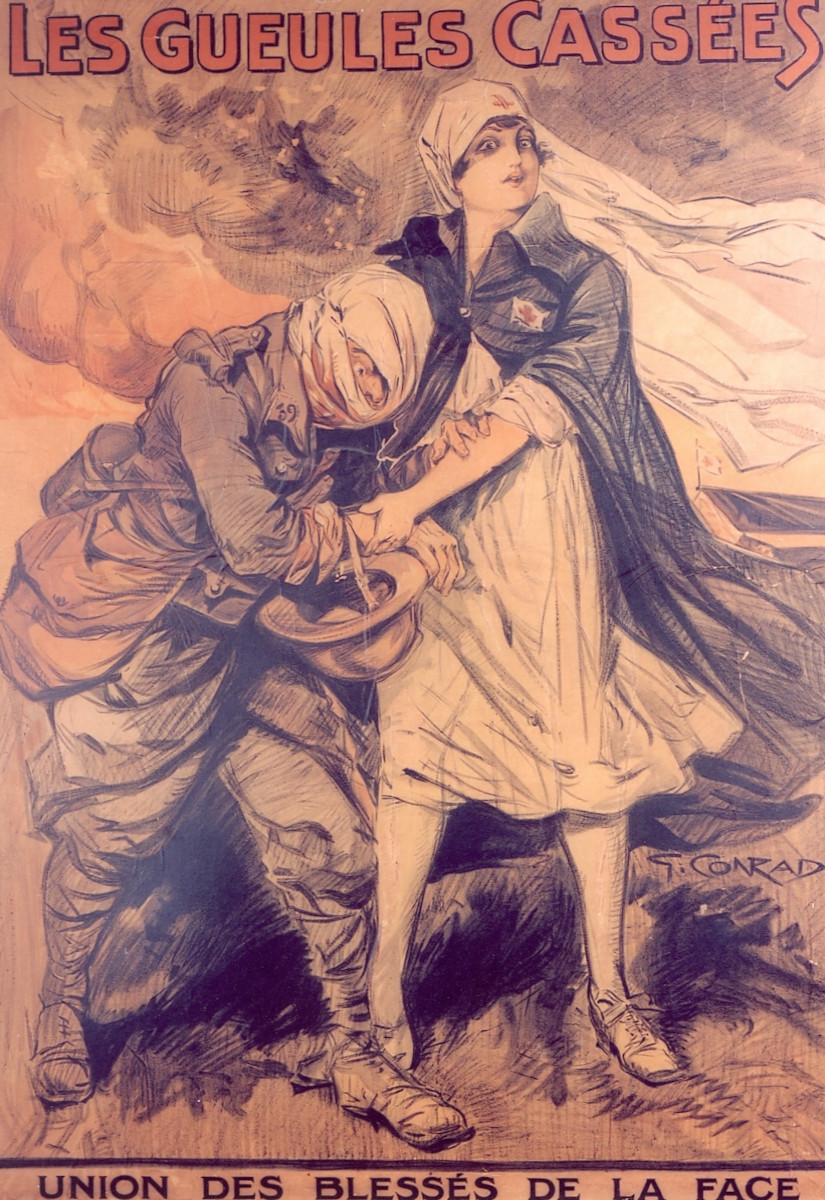Reproduced with kind
permission from Association des Gueules Cassées’
What leads people to give their time, their money, or their skills, especially in times of crises? My background as a cultural historian specialising in First World War Studies initially led me to research the effects of conflict on philanthropy and vice versa. Did the outbreak of the Great War initially hinder or fuel a philanthropic mobilisation? Were the philanthropic discourses and practices the same in France and Britain? Did this philanthropic mobilisation ultimately contribute to prolonging the conflict, did it help heal some of the physical and psychological wounds it caused?These are some of the questions that guide my investigations.
My first book focused on the experiences and representations of facially disfigured veterans in France, Great Britain and Germany. It helped challenge some of the prejudices linked to visible facial differences and it emphasised the role of veterans’ associations in providing material and moral support, campaigning for state recognition, and more broadly, shaping a positive image of ex-servicemen with facial disfigurement. In partnership with charities like Changing Faces (UK) and Institut Faire Face (France), we curated exhibitions in France and the UK, and we produced educational material to help start conversations about facial differences in the classroom.
I continue to research, and work with, charities supporting facially injured and also visually impaired veterans, but I have also broadened my outlook to investigate philanthropic mobilisation in more recent conflicts and crises, including in the context of the Covid-19 pandemic. At the heart of my work is the belief that better understanding past philanthropic ideas and practices can help inform current and future actions.
